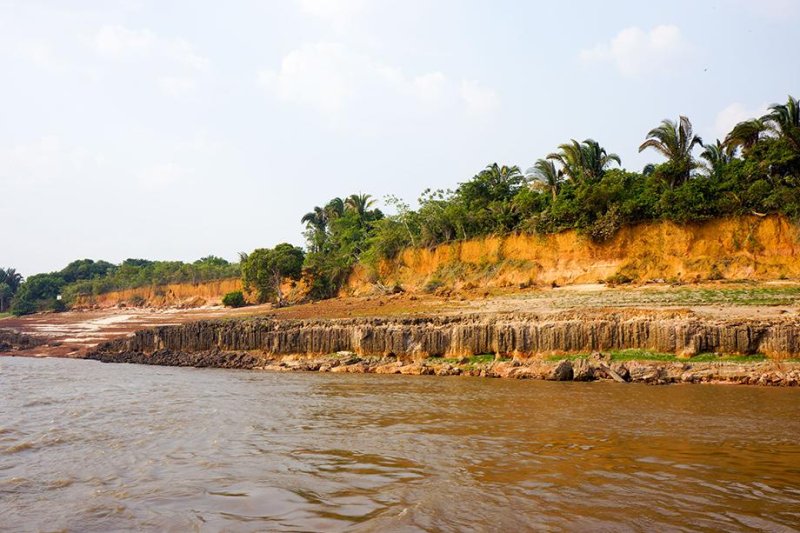River systems carry black carbon from the soil to the ocean where it can be stored longterm. Photo by Gabriela Santilli/ ETH Zurich
July 10 (UPI) -- When wildfires and factories burn trees and fuel, only a portion of the carbon is released into the atmosphere. Combustion leaves behind a residue called black carbon.
According to new research, climate models have failed to account for black carbon -- an important part of the global carbon cycle.
Roughly one-third of the carbon produced by wildfires is left behind in the form of black carbon. The residue is fairly stable. It's stored in soil and lake sediments. Over time, black carbon along river banks is eroded and carried to the ocean, where it can secure long-term storage in marine sediments.
Researchers at the University of Zurich found the black carbon cycle play an important and underestimated role in carbon sequestration.
"Our study is the first to address the flux of black carbon in sediments by rivers on a global scale," Alysha Coppola, a geographer and postdoctoral researcher at Zurich, said in a news release. "We found that a surprisingly large amount of black carbon is exported by rivers."
The new analysis, published this week in the journal Nature Geoscience, showed river systems with greater amounts of erosion and sediment transport carry larger amounts of black carbon to the ocean.
Researchers were also able to date dozens of black carbon samples. The results showed black carbon can remain in the environment for thousands of years before being carried to the ocean by river systems. Until now, scientists thought black carbon was eroded relatively quickly.
The revelation explains why river systems always host significant amounts of black carbon, even in the absence of wildfire activity.
"We found that black carbon can age in intermediate reservoirs that act as holding pools before being exported to the ocean," said Coppola.















